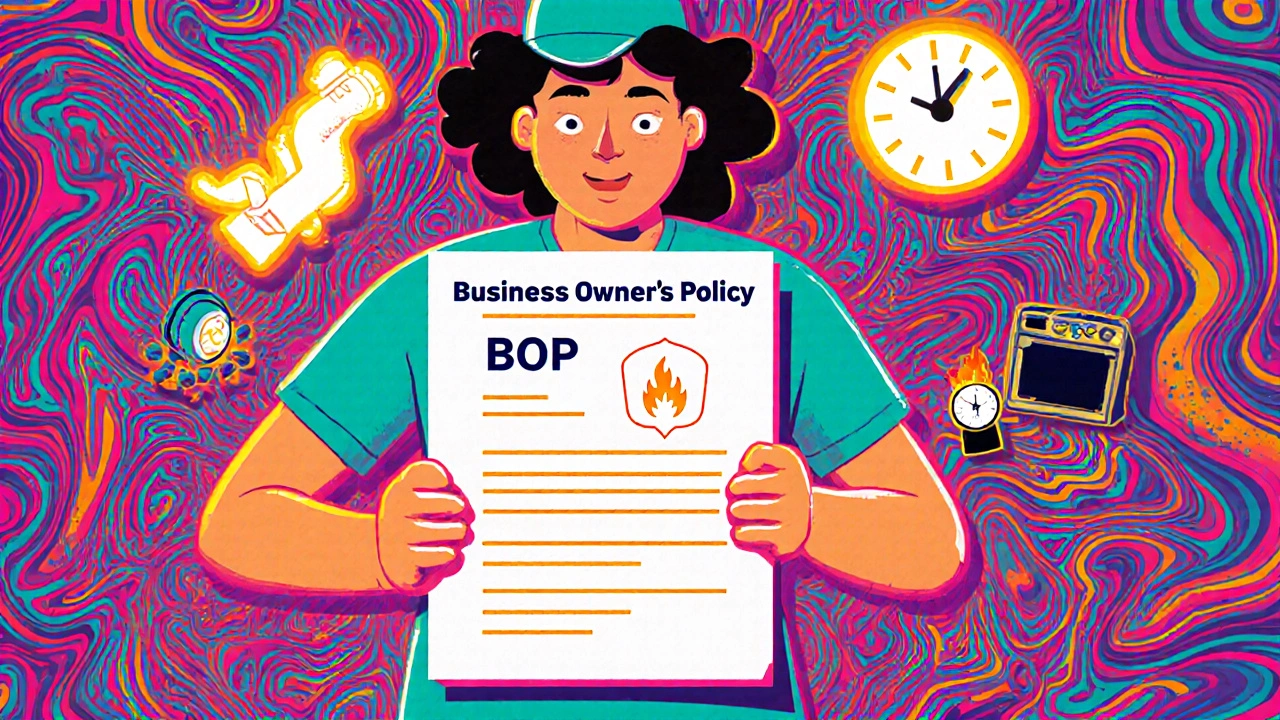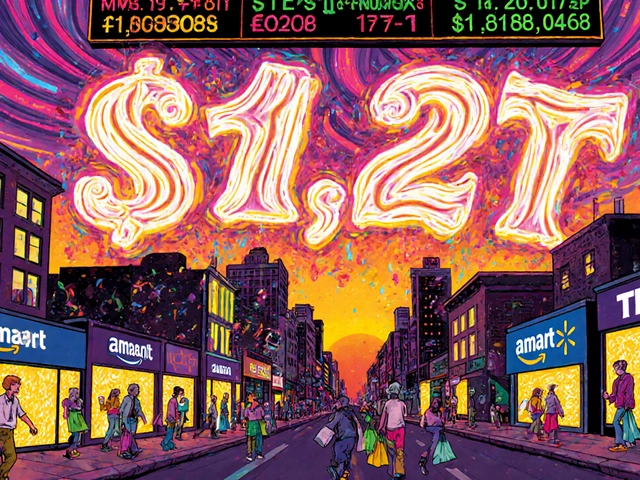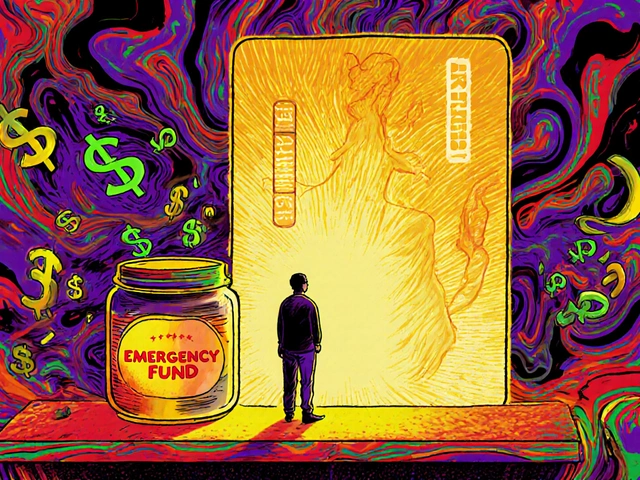BOP Coverage: What It Is and How It Protects Your Investments
When you run a small business, BOP coverage, a bundled insurance policy designed for small businesses that combines property and liability protection. Also known as business owners policy, it’s not just paperwork—it’s the difference between staying open after a fire or flood, and shutting down for good. Most people think insurance is for big companies with lawyers on retainer. But if you own a shop, a studio, a delivery service, or even a home-based consulting business, your assets—equipment, inventory, customer data—are just as vulnerable. BOP coverage steps in where personal insurance fails, and it’s often the only thing standing between you and a devastating loss.
What does it actually cover? Property insurance, protects your physical assets like buildings, computers, tools, and stock from fire, theft, or weather damage. General liability insurance, covers lawsuits if a customer slips in your store, your product causes harm, or you accidentally damage someone else’s property. And if your business has to close temporarily because of damage, business interruption coverage, replaces lost income during the recovery period. These aren’t optional extras—they’re the backbone of financial survival for 90% of small businesses that don’t have deep pockets to absorb unexpected costs. Without BOP coverage, a single claim can wipe out years of profit.
It’s not just about what’s inside the policy—it’s about what’s left out. Many owners assume their home insurance covers their home office, or that their credit card’s purchase protection counts as business insurance. It doesn’t. And when disaster hits, those assumptions cost more than the policy itself. BOP coverage is tailored, affordable, and designed for real-world risks: a burst pipe in your retail space, a client suing over a faulty service, a stolen laptop with customer data. The best part? You don’t need a corporate budget to get it. Most policies start under $500 a year, and you can customize them based on your actual needs—not what an agent pushes.
What you’ll find in the posts below are real breakdowns of how BOP coverage works across different industries—what’s covered, what’s not, and how to avoid the traps most small business owners fall into. You’ll see how a bakery in Ohio saved $12,000 by switching policies, how a freelance designer in Texas avoided a lawsuit thanks to liability coverage, and why adding cyber liability to your BOP isn’t optional anymore in 2025. These aren’t theory pieces. They’re checklists, comparisons, and warnings from people who’ve been there. If you’re running a business, this isn’t about being cautious—it’s about being smart.





